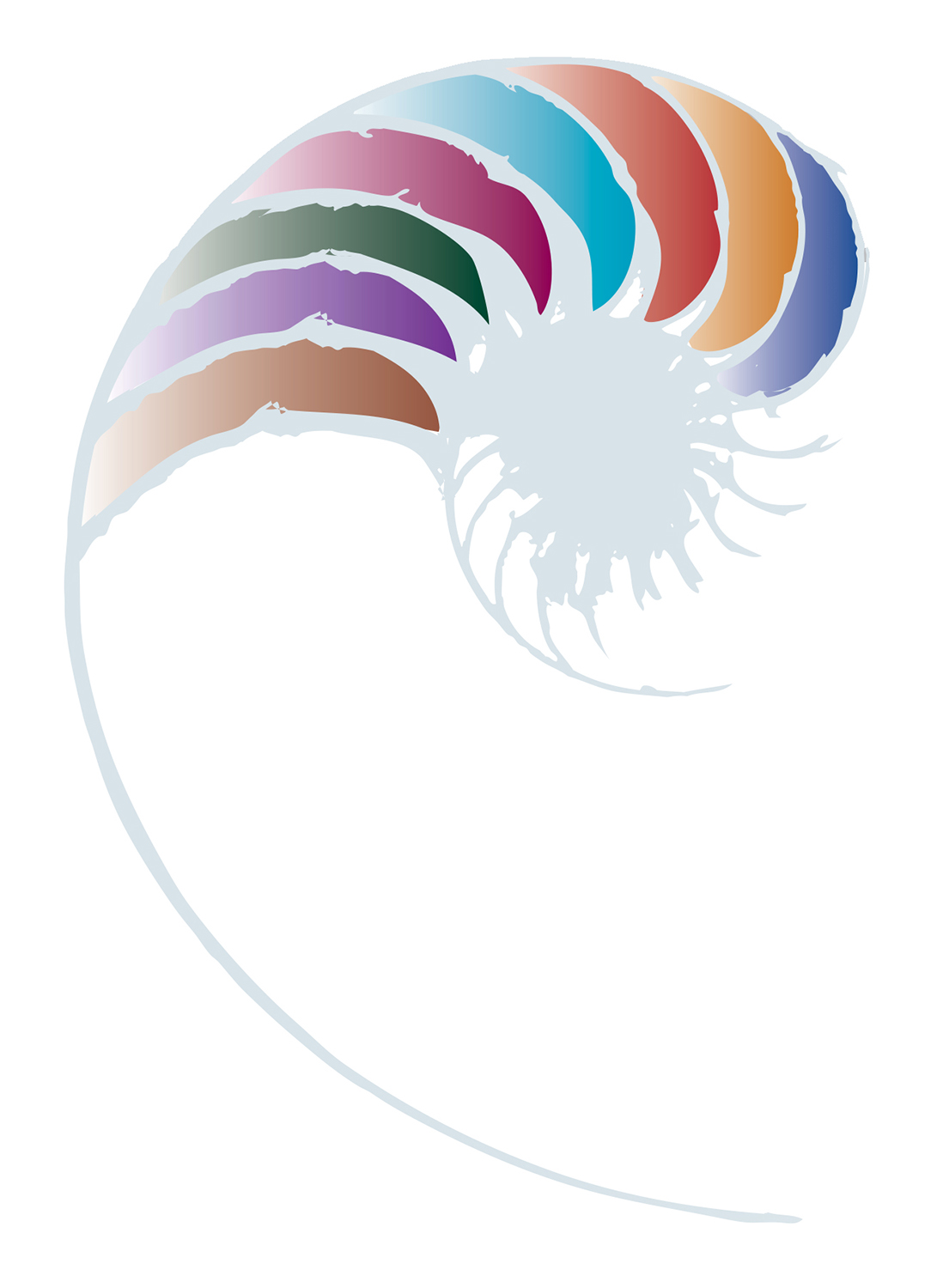Partnering with Māori children, parents, and whānau
A story of practice on exploring ways of generating dialogue with children and their parents and whānau.

Teachers in eleven kindergartens partnered with two academic researchers in a TLRI project to explore ways partnerships with Māori tamariki, parents, and whānau might be improved through better communication. This involved exploring ways of generating dialogue with tamariki, and their parents and whānau.
Teachers found that their understanding and empathy were deepened when they made time to sit and talk with parents and whānau. Whānau feedback attested that, by doing this, the centres reflected the unique place of Māori as tangata whenua and the notion of partnership inherent in Te Tiriti o Waitangi.
Tamariki, and their parents and whānau, experienced Māori ways of being and doing as normal, affirming their identities and aspirations. Whānau reported their strong sense of belonging, feeling welcomed and comfortable. The teacher-researchers in the study actively followed the principles of whanaungatanga and manaakitanga, showing concern for the wairua (spiritual wellbeing) of all those present. They realised that, for true partnership, they need to actively and deeply listen to the tamariki, parents, and whānau in their centres.
Adapted from:
Ritchie, J., & Rau, C. (2008). Te Puawaitanga: Partnerships with tamariki and whānau in bicultural early childhood care and education. Summary report. Wellington: Teaching and Learning Research Initiative.
About this resource
A story about a group of kindergartens that looked at ways to improve their relationships with Māori tamariki and whānau.



